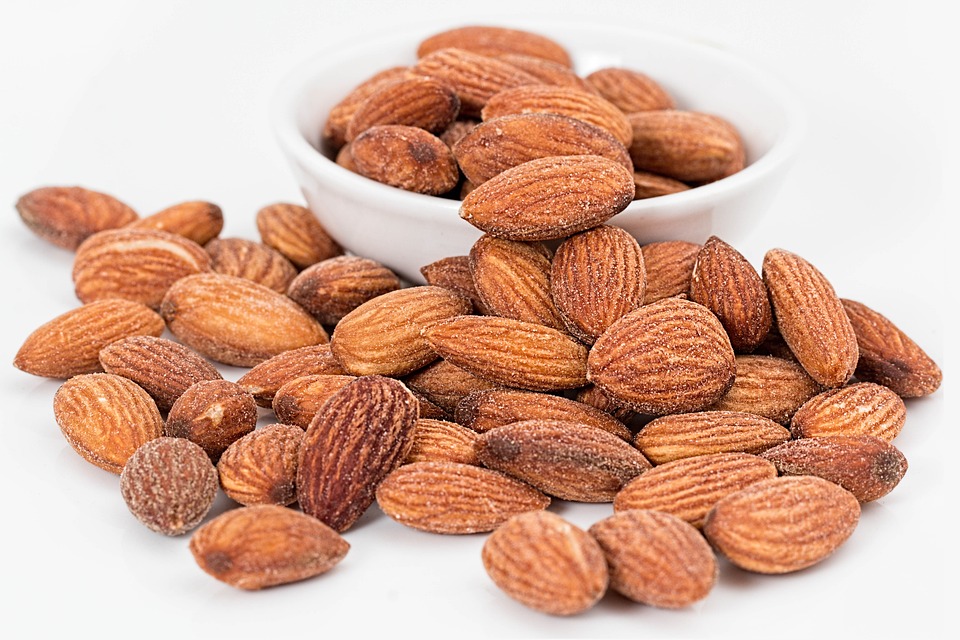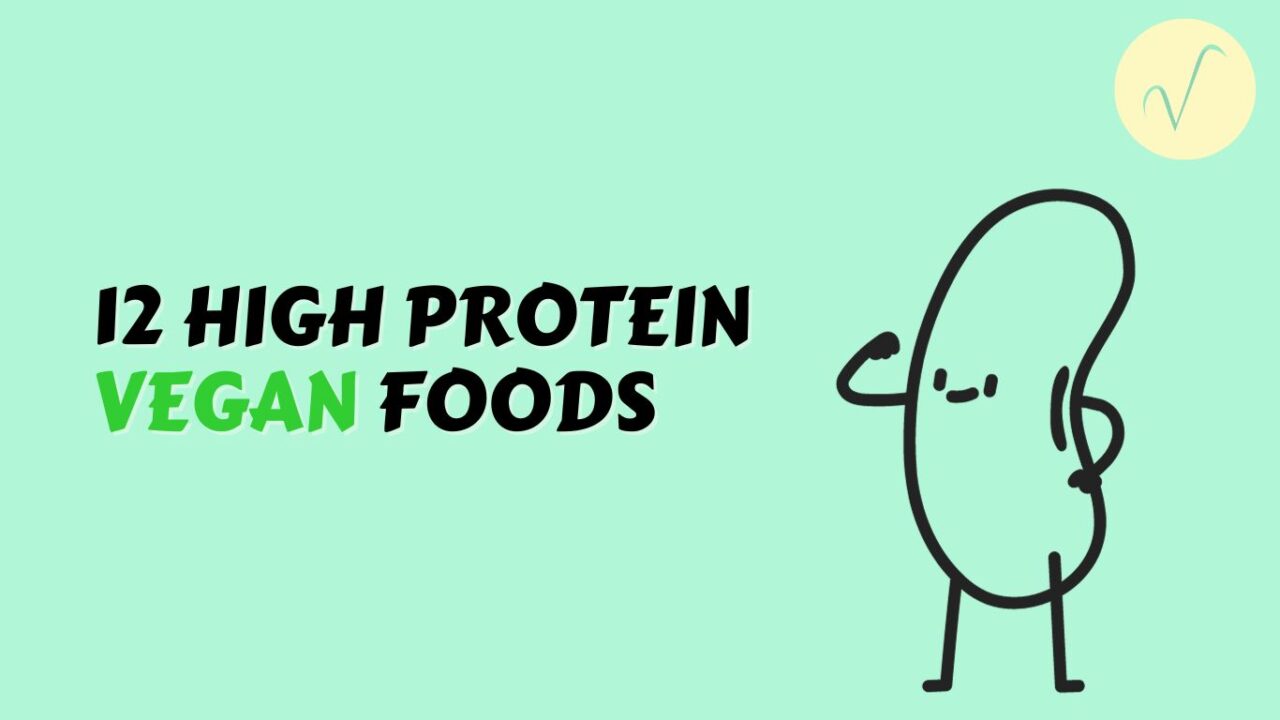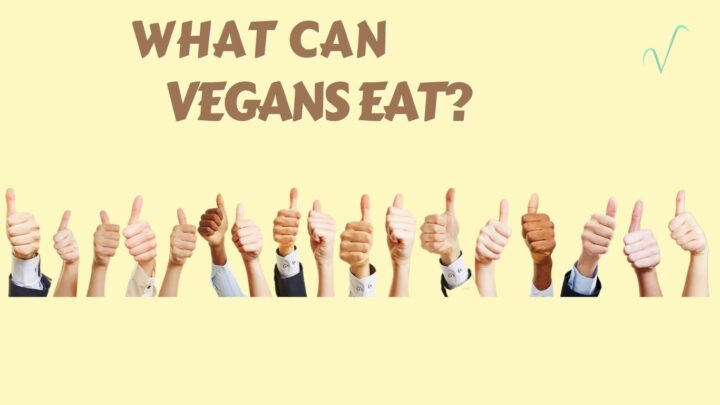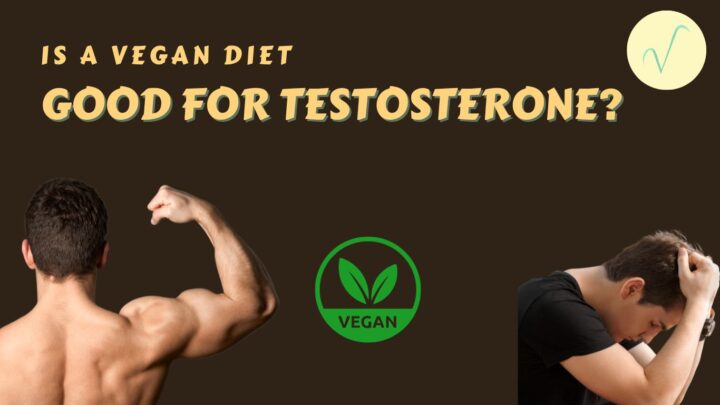For some reason in general society, there is a common misconception that a vegan diet is low in protein, with the all-too-common question:
“Where do vegans get their protein from?”
The truth is protein is in everything, beans, green, fruits, nuts, seeds, with the very protein that people believe meat to be so high in having come originally from the grass they eat, and if you want to get technical, the sunlight that provides the energy in the grass.

As a vegan, you need not worry about your protein intake, or any risk of a protein deficiency if converting to a vegan diet, you will come to find that vegan protein is cleaner, and better in terms of general rest and recovery, but that’s a topic for a different post.
Read on to find some protein-rich vegan foods you can easily incorporate into your diet today!
Lentils
All types of lentils are rich in protein, but let’s talk on a general level, with 100g of cooked lentils coming with 9g of protein, not to mention the grains you’d be eating on the side or the pasta it’s being served on top of.

Lentils are a great, versatile ingredient that can be utilised for their use in curries, mincemeat dishes such as vegan lasagne and shepherd’s pie, as well as vegan burger recipes.
Hempseed
Hemp seeds are a relatively infamous vegan superfood, considered a plant-based protein and rich in 11g of it per serving. It’s got a great, neutral, nutty taste and goes well in many meals.

Packed with minerals such as iron, Zinc, Magnesium and more, these seeds are great sprinkled on top of cereal, salads, soups and added to smoothies.
Chickpeas
A very versatile, tasty, alkaline legume, the chickpea is a great vegan source of protein. You can enjoy 100g boiled chickpeas, first soaked for a few hours and benefit from 7.5g of protein, perfect for a post-workout meal, also rich in Iron, calcium and fibre.

Chickpeas can be enjoyed in many ways, you can try our chickpea avocado salad with roasted chickpeas, our choona mayo sandwich filler and pasta topper, chickpea flour omelette or easy homemade hummus recipe.
½ a cup of Chickpea (or gram) flour used in a chickpea omelette provides 10g of protein, perfect for a high calorie, highly nutritious breakfast.
Pumpkin Seeds
Raw pumpkin seeds are a great food that can be enjoyed by themselves, or sprinkled on top of your soups, salads, as well as freshly cut fruit.

A great source of plant-based protein with a nutty, neutral taste, also rich in Omega 3 fatty acids, zinc, iron and other minerals, with an ounce of pumpkin seeds, or 28g, totalling 5g. They can also be blended into plant-based milk, too.
Walnuts
Walnuts are well-known for being one of the healthiest nuts, rich in healthy plant-based fats and protein, with over 7g in 50g of pitted walnuts. They can be enjoyed raw, in trail mix or in vegan recipes as a meat replacement.

Also rich in minerals such as zinc, magnesium, trace amounts of calcium and other minerals, as well as omega 3. A great plant-based food rich in protein, ideal for the average Joe to the gym junkie.
Almonds
Almonds are a great source of plant-based protein, and tasty on their own, in salads, roasted or raw. Another way to enjoy the goodness of almonds is also in the form of almond butter, which you can have on toast or in smoothies. You can also make your own almond milk.

Rich in healthy fats, fibre as well as Vitamin E, manganese and magnesium. They are rich in other minerals too, in particular being a pretty good source of calcium, which is usually harder to get sufficient amounts of in a vegan diet.
Quinoa
An ancient grain, not as commonly used as rice, or wheat, quinoa is a great source of plant-based protein, also providing an array of other beneficial benefits packed in one little grain (technically a seed).
Quinoa can be enjoyed as a substitute to rice, as well as ground into a gluten free dough, others may prefer a quinoa-based breakfast.

Quinoa in fact is a complete protein source, meaning it has all essential amino acids for protein assimilation, is also rich in folate, iron, magnesium and other vital nutrients.
185 grams of cooked quinoa provides 8.14g of protein, as compared to 4.4g in regular white rice, sans the extra nutrients.
Chia Seeds
Another complete plant based protein source, chia seeds are rich in insoluble fiber, contains calcium, phosphorous, magnesium and other minerals.

You can easily eat these sprinkled in soups, salads, in smoothies as well as in the form of chia pudding. 28g of chia seeds contains just about 5g of protein, and 17% of your day’s calcium – A nutritional powerhouse.
Oats
Oats are usually eaten as a breakfast item, but aren’t usually commonly viewed as that nutritional in terms of available minerals and vitamins, etc. Oats are actually rich in a wide variety of minerals, some of which include zinc, various B-vitamins and magnesium.

You can expect around 7g of protein in 50g of oats, which you can easily jazz up with some sprinkled hemp seeds, a banana and some raisins.
You can add them to bulk up smoothies, make them into granola, homemade vegan protein bars, and with the variety of gluten-free oats becoming more readily available, anyone can enjoy oats and their benefits.
Tempeh, Tofu
Tofu and tempeh are both products deriving from soy. Tempeh being tofu that has been fermented, reported to be rich in minerals calcium, iron and magnesium, as well as very high in protein, providing 19g in 100g of tempeh.

Tempeh is fast becoming a common go-to source of plant-based protein, as it is lean and ideal for those who need their gym food.
Seitan
Seitan is a vegan food extremely high in protein, more so than that of most meat. 100g of seitan amounts to a whopping 75g of protein. Mind you this comes with the caveat that seitan is entirely made of wheat gluten, so isn’t something you want to consume that regularly.

For those who choose to enjoy seitan as a vegan protein source, it can be used to create “meaty” textures, such as sausage and vegan chicken recipes. Looks like meat too!
Needless to say, this option is certainly not suitable for coeliacs.
Pinto Beans
A common ingredient used in Mexico and the commonly used bean in refried beans recipes. Pinto beans are very high in plant-based protein, also high in Folate, Copper, Magnesium and thiamine.

Enjoy these with rice or blended in a dip, with over 15g of protein in 1 cup of cooked beans. These Mexican favourites are high in protein and extremely tasty, suitable for any and everyone.
Where do vegans get their protein from?
B**** please, greens, grains, nuts and seeds! Being a vegan doesn’t mean you have to compromise your gains, you’ll come to find that there are actually a wide array of benefits to plant-based protein as compared to that having derived from an animal.
Vegan food is rich in protein, and trust me, protein deficiencies aren’t really a thing, and plant-based diets do not cause protein deficiencies.
Hopefully this post helps you in your quest to find protein-rich vegan foods, feel free to explore my protein rich recipes range for yourself – and incorporate some of these ingredients into your lifestyle!





2 comments on “High Protein Vegan Foods”
Thanks for the input!
Comments are closed.